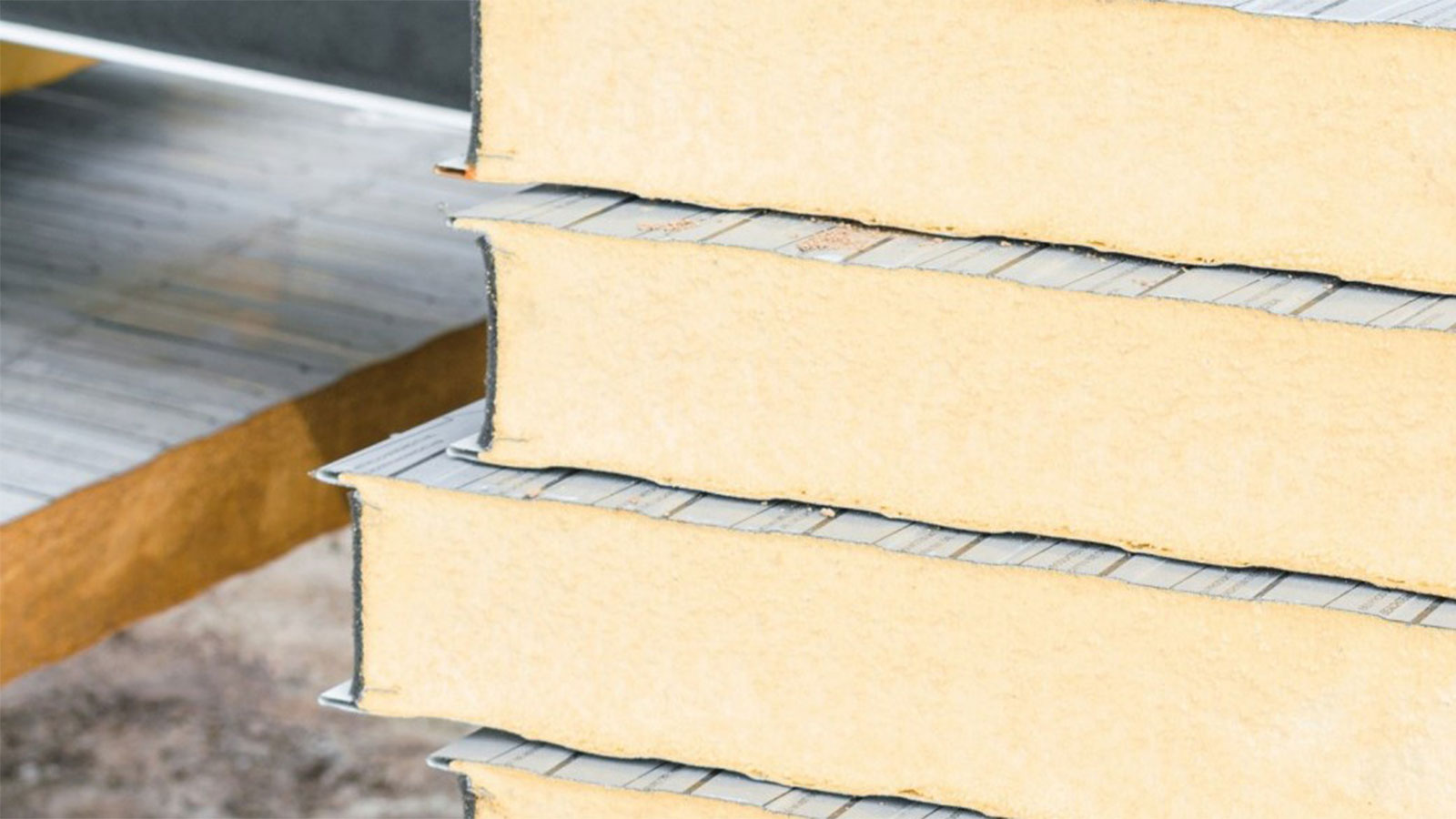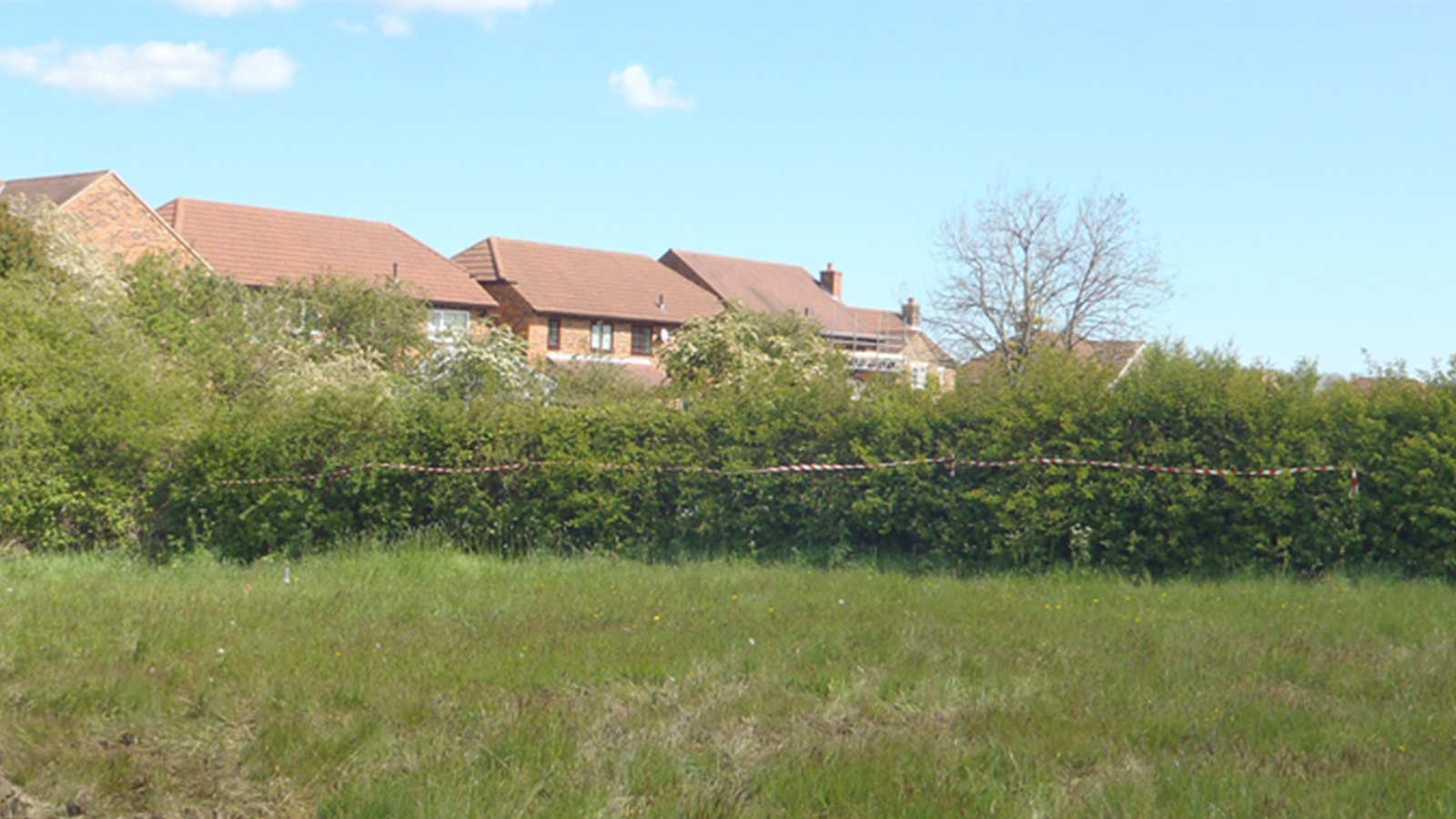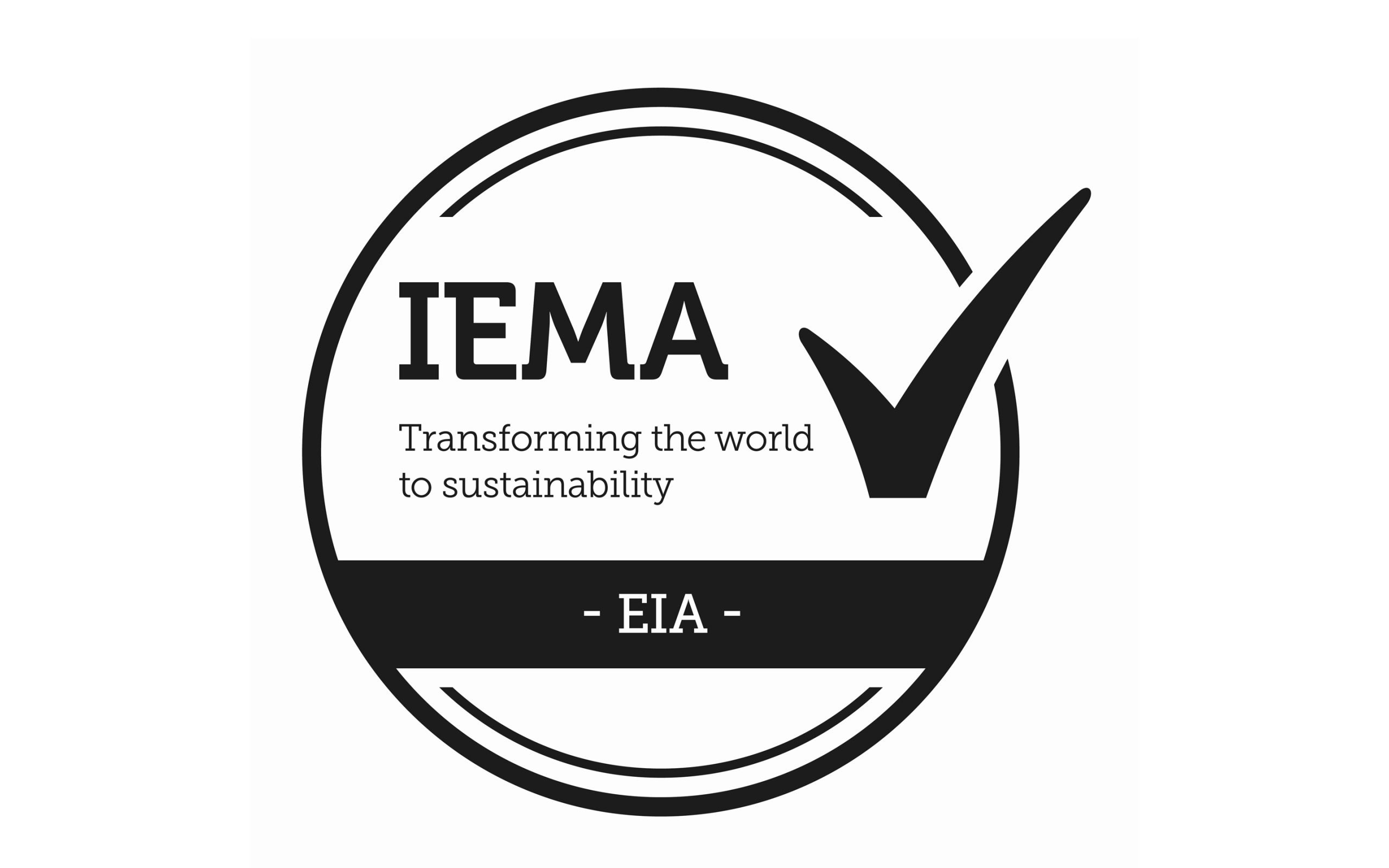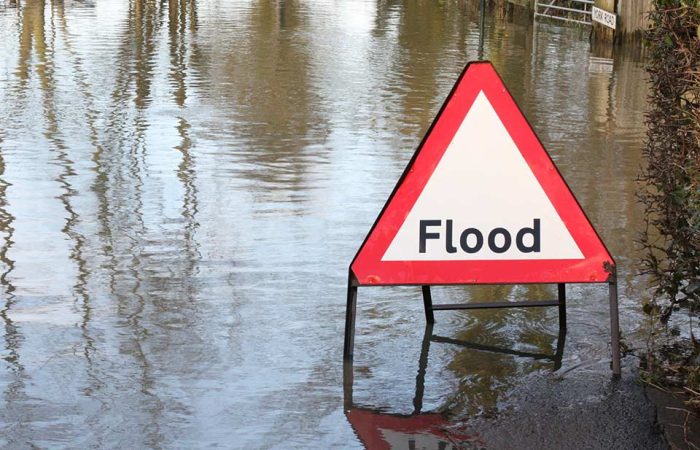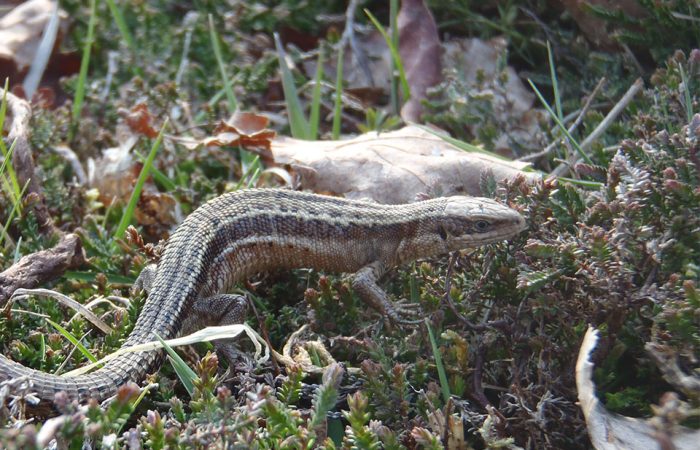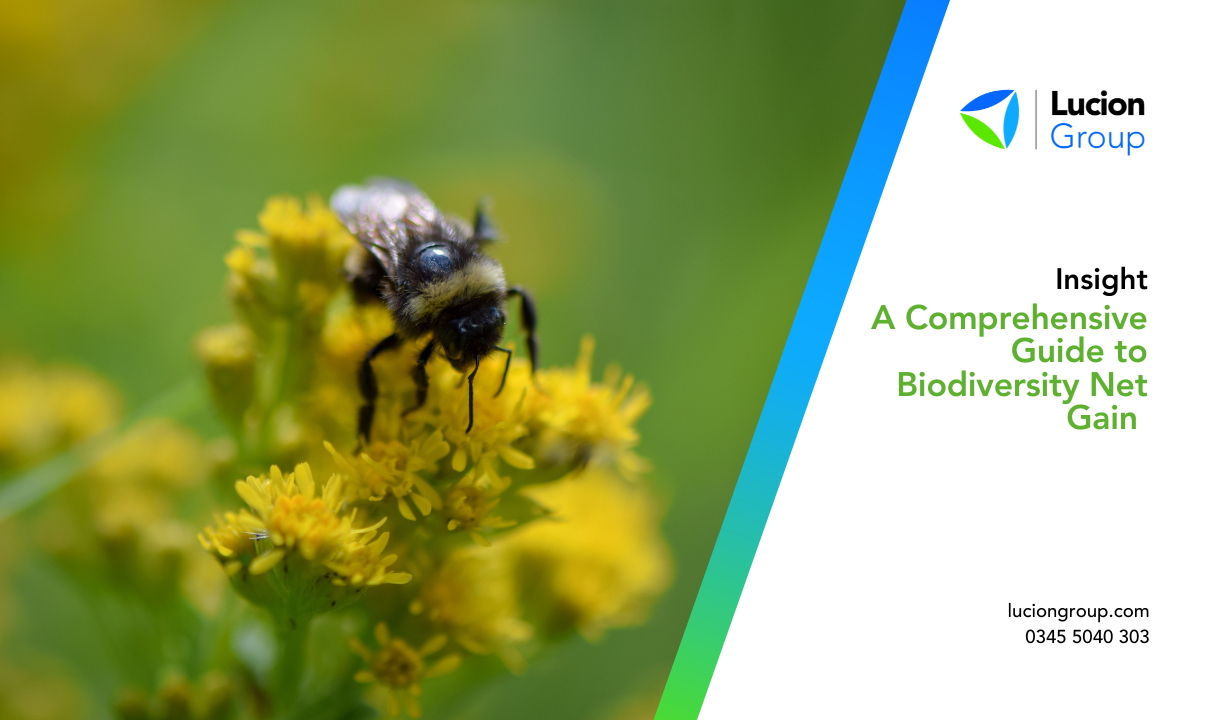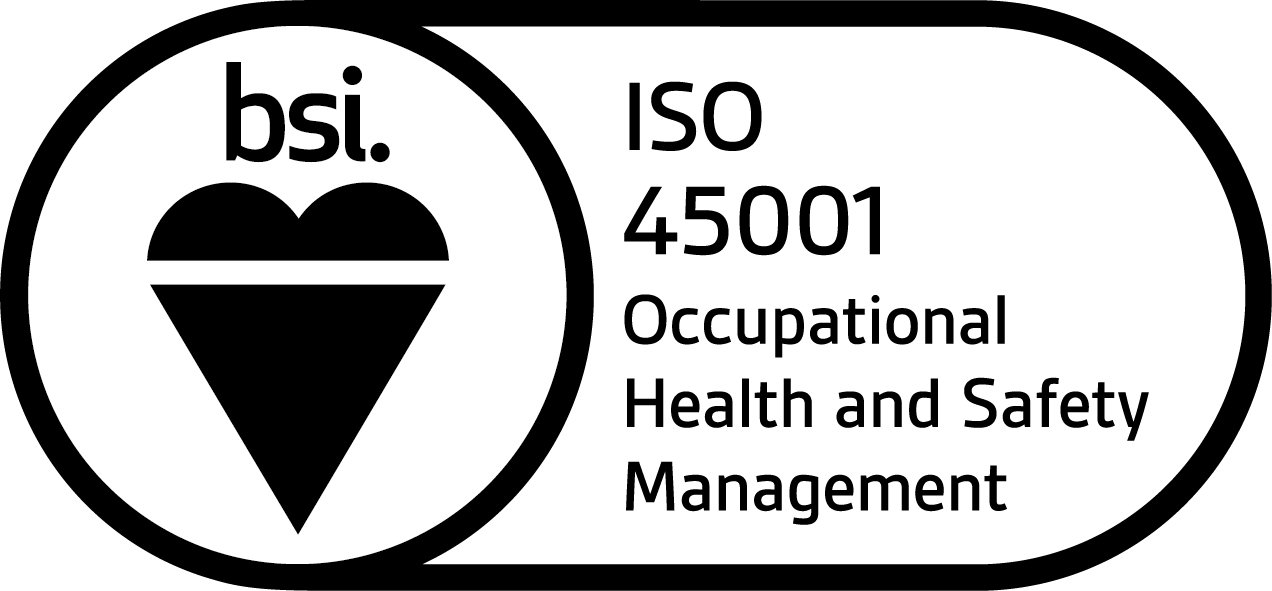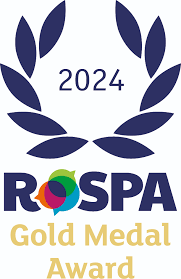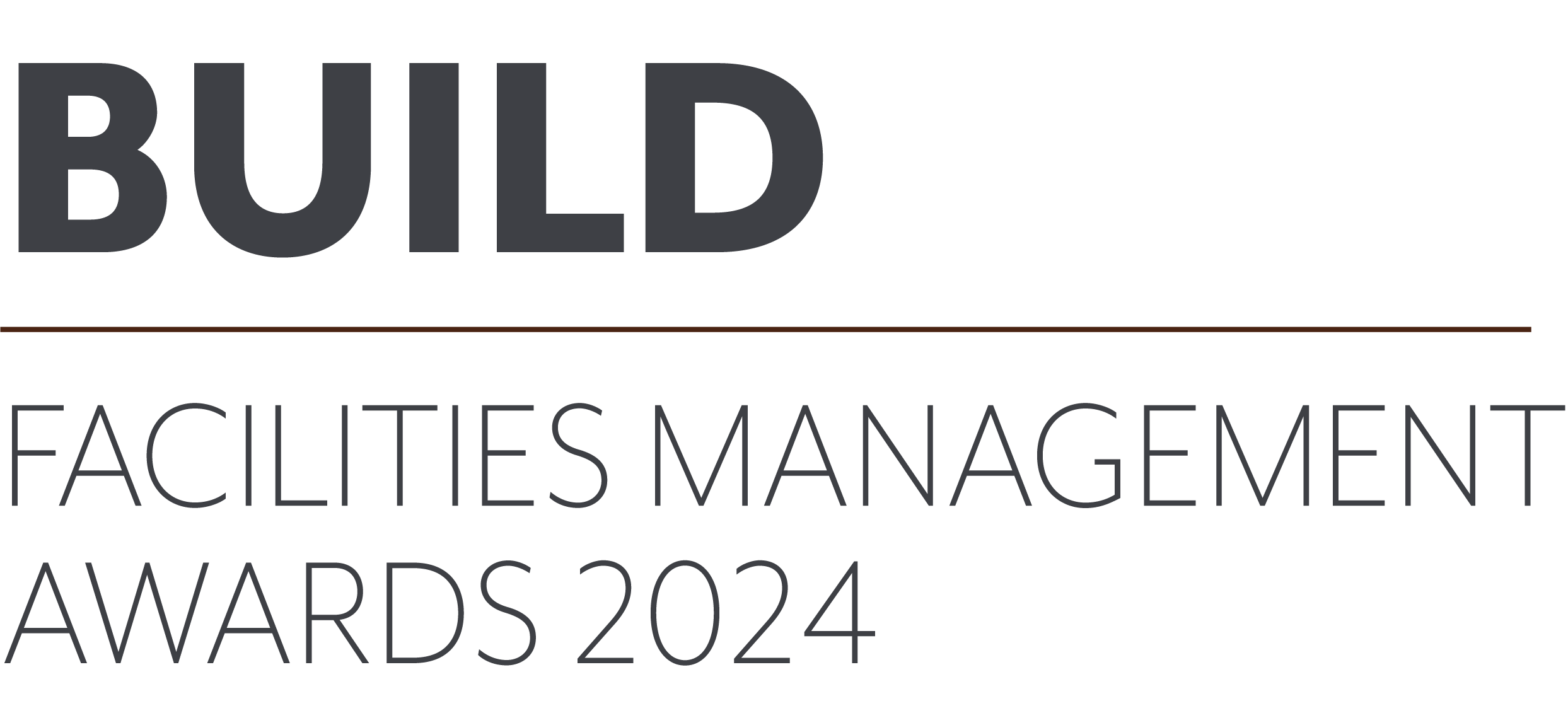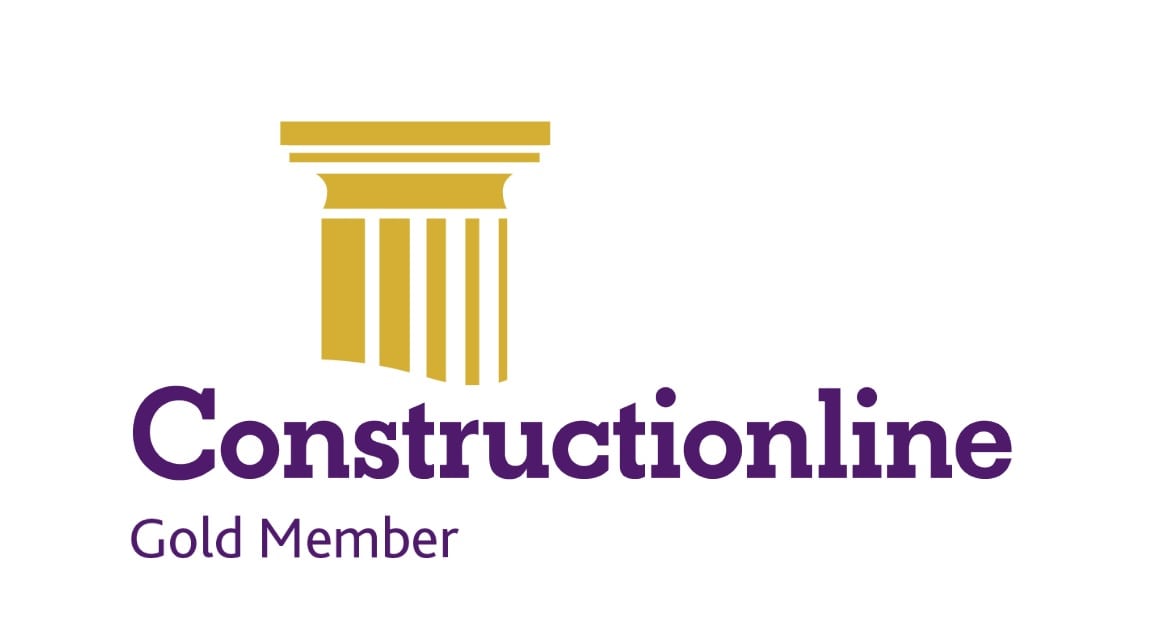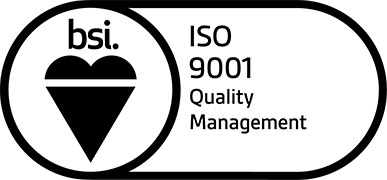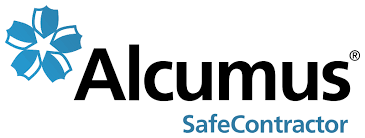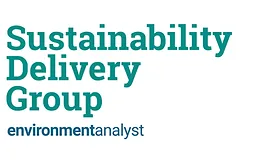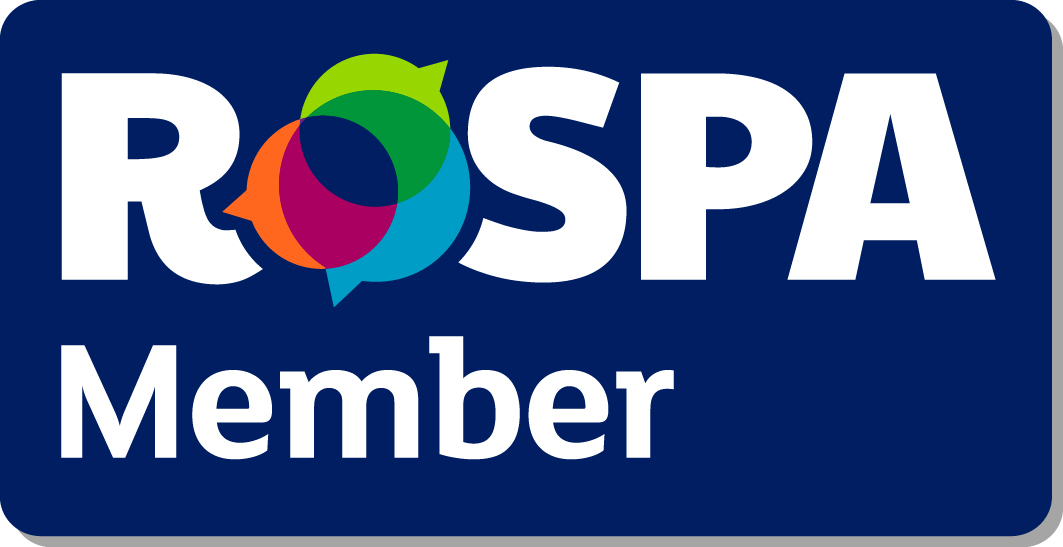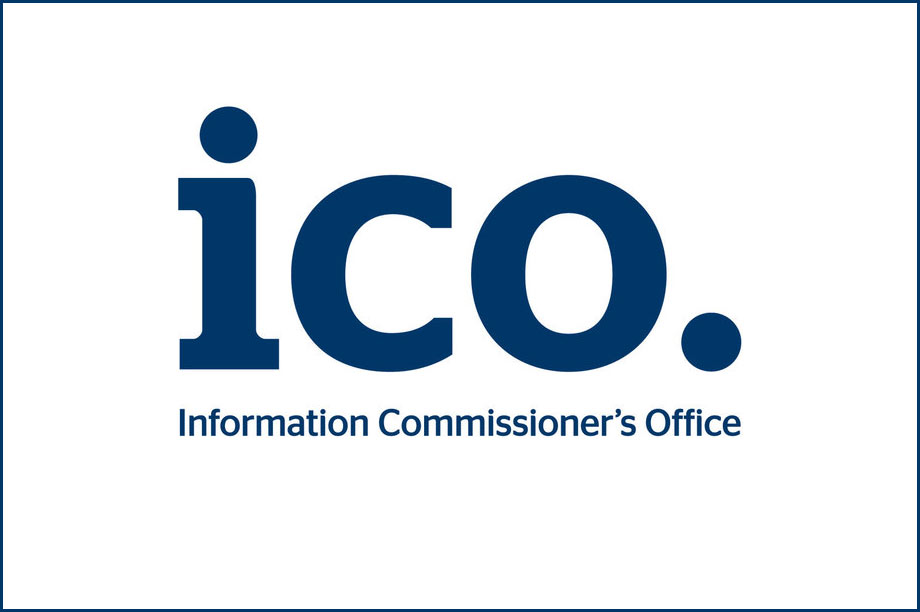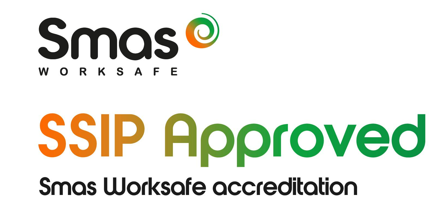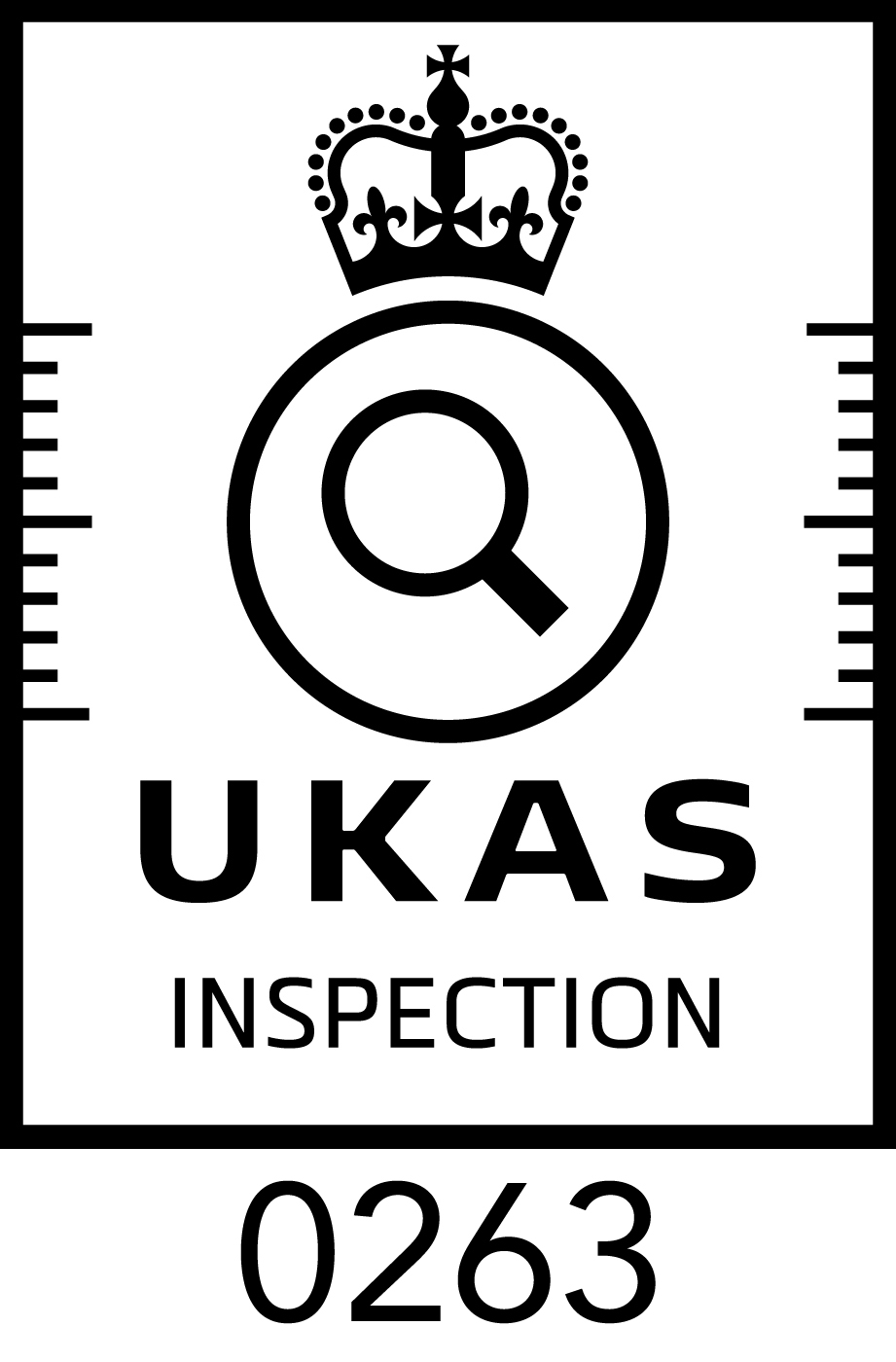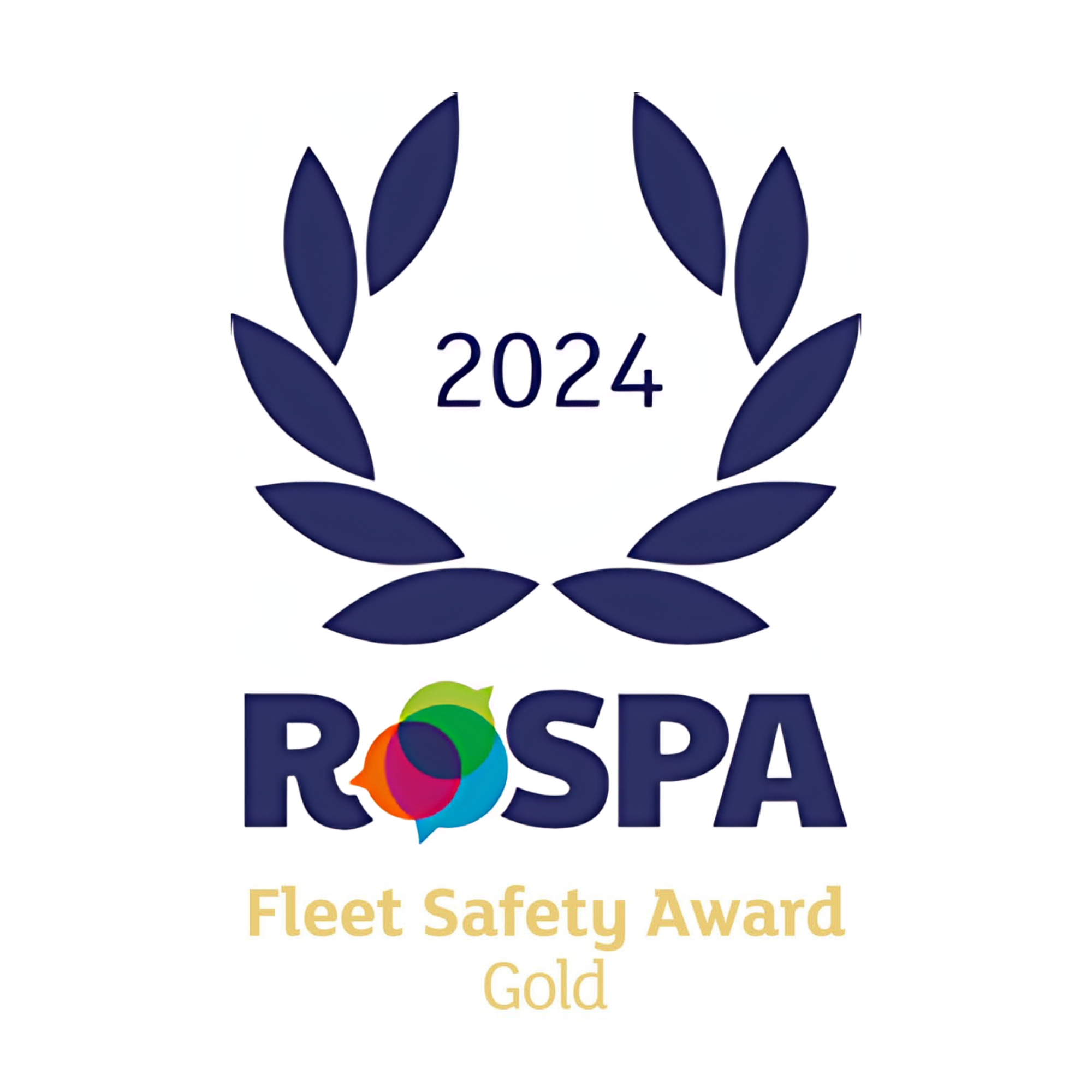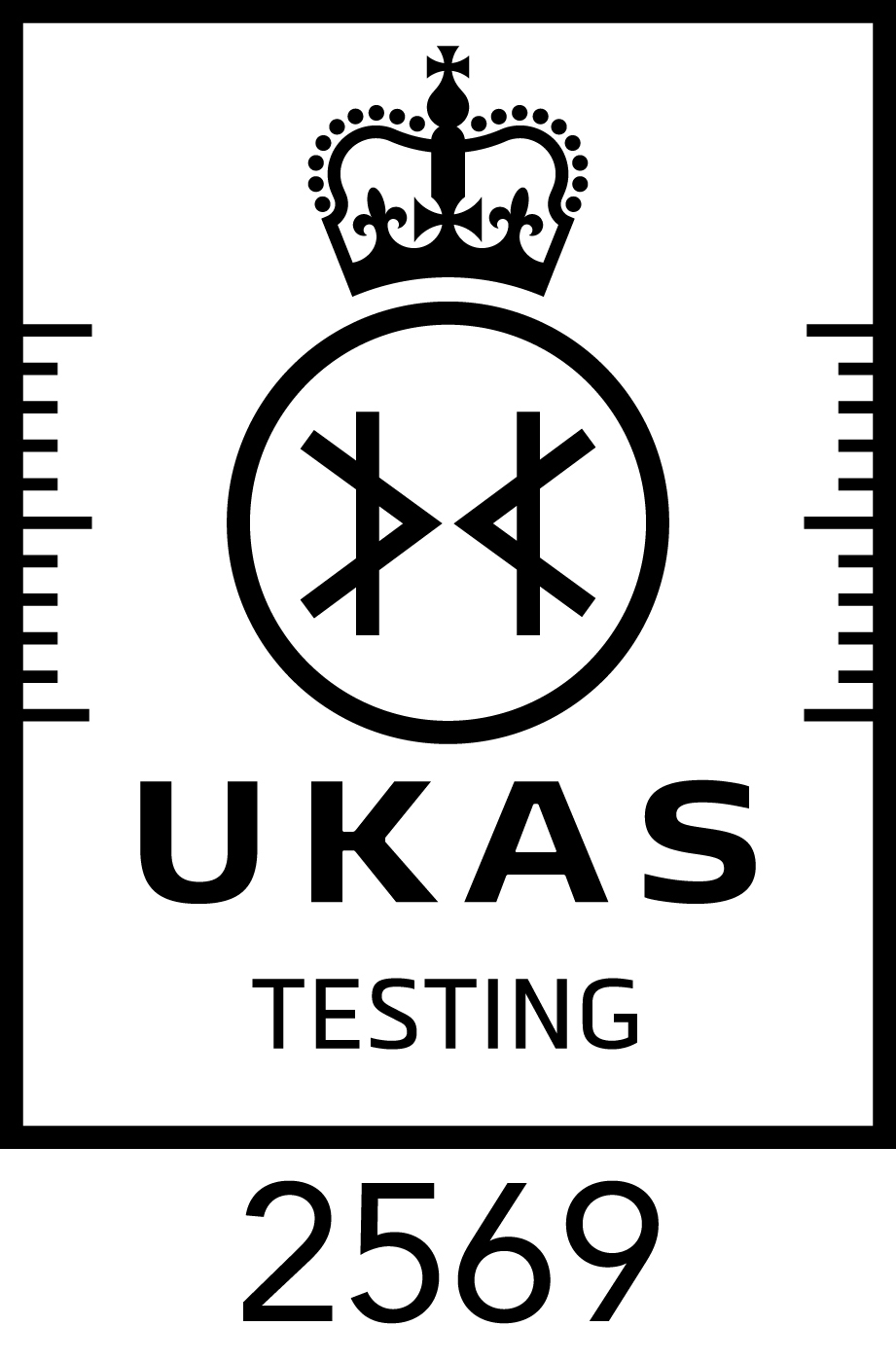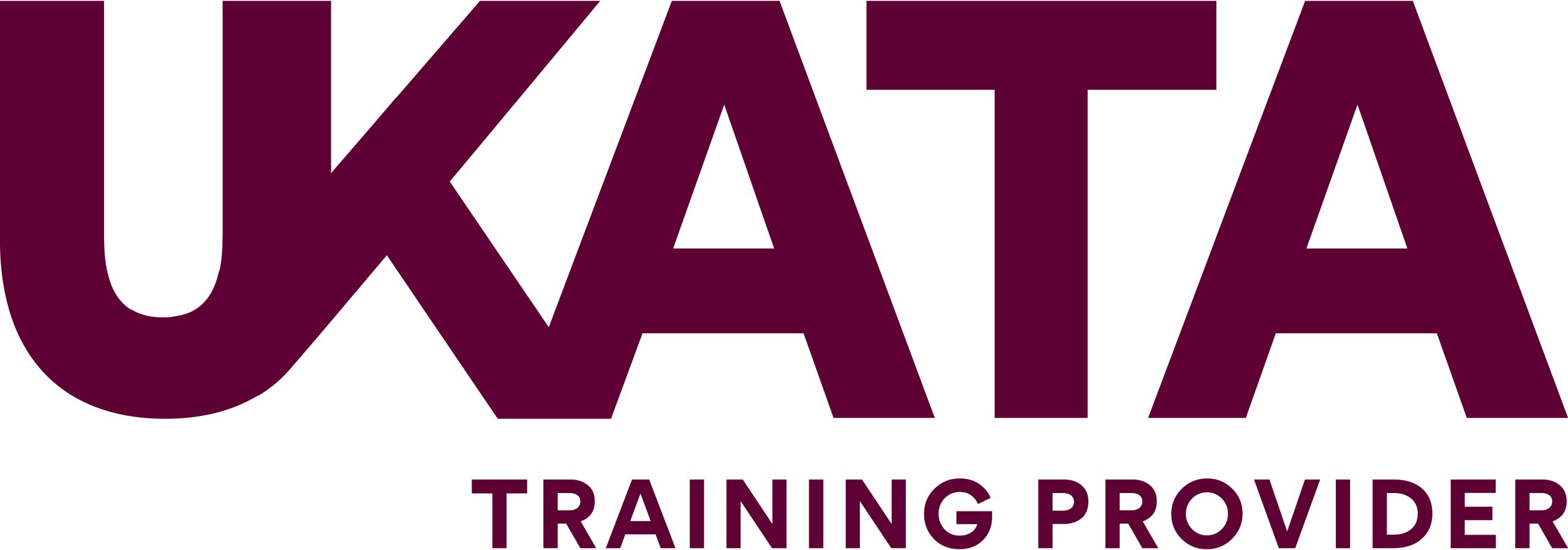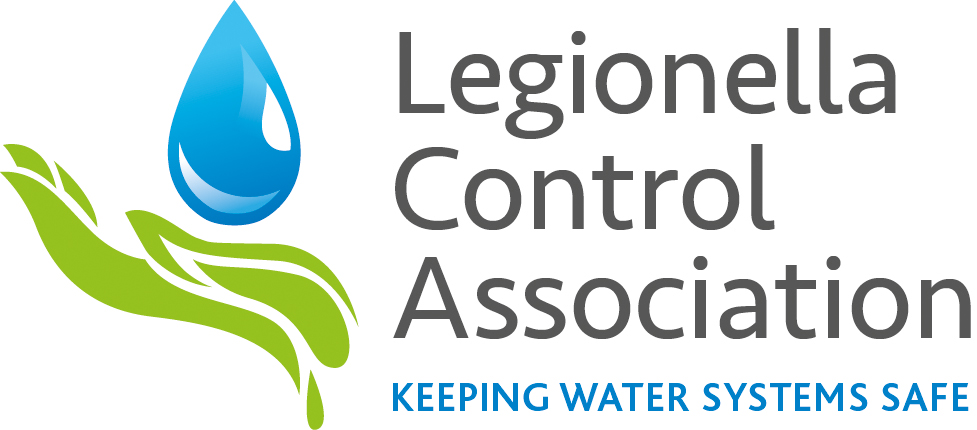Bats and their roosts are fully protected by law, making them a critical consideration for any development project. Lucion’s licensed ecologists provide the surveys, assessments, and mitigation strategies you need to navigate the planning process with confidence.
Bats are a common presence across the UK, with 17 native species occupying a wide range of roosting sites. While this natural heritage is something to be celebrated, the legal protections surrounding bats can present a significant challenge for developers and landowners.
That’s where Lucion comes in. Our team of licensed bat ecologists have the expertise and experience to guide you through every stage of the bat survey and assessment process, ensuring your project remains compliant with relevant legislation while minimising delays and unnecessary costs.
The bat survey process typically involves two key stages:
Preliminary Roost Assessment (PRA)
Our ecologists will undertake a thorough daytime inspection of your site, identifying any features with the potential to support roosting bats. This initial assessment allows us to determine the level of further survey work required.
Emergence/Re-entry Surveys
If the PRA identifies potential roosting features, we’ll conduct a series of dusk and dawn surveys to monitor bat activity and confirm the presence, species, and population size of any roosts. These detailed surveys are essential for informing your mitigation strategy.
Lucion’s Natural England licenced bat ecologists are experts in their field, with an unparalleled track record of obtaining the necessary licences and approvals to enable development projects to proceed. We’ll work closely with you and the local planning authority to design and implement tailored mitigation measures, ensuring your project remains compliant while minimising impacts on protected bat populations.

